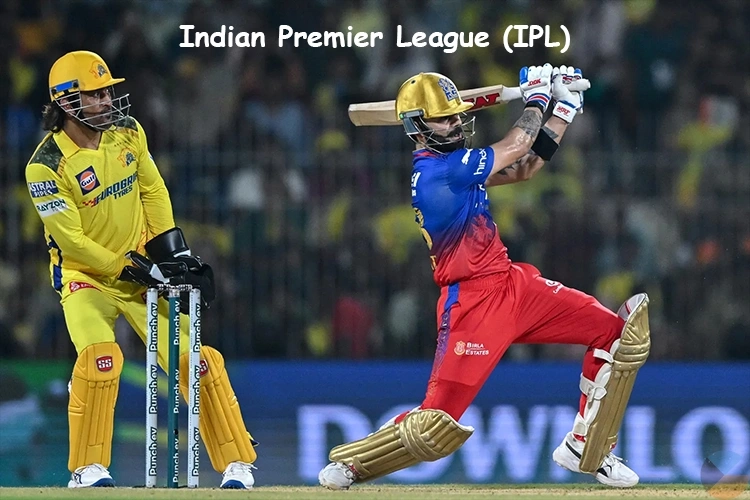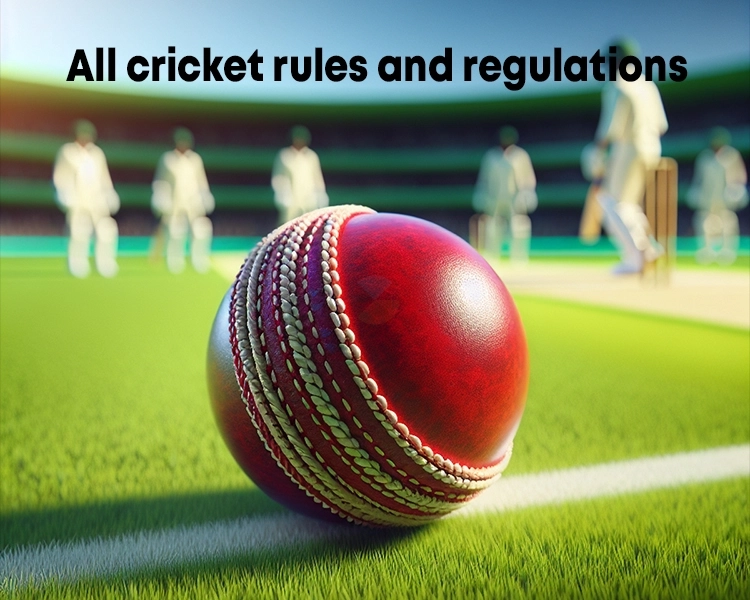Indian Premier League (IPL): A Professional T20 Cricket League in India Known for Its High-Scoring Matches and Celebrity Ownership
The Indian Premier League (IPL) has revolutionized the world of cricket since its inception in 2008. Combining high-octane T20 cricket with a splash of glamour and celebrity, the Indian Premier League (IPL) stands as a testament to the fusion of sports and entertainment. This article delves into the evolution, impact, and significance of the Indian Premier League (IPL), exploring why it has become one of the most-watched and eagerly anticipated cricket leagues globally.
Origins and Evolution
The genesis of the Indian Premier League (IPL) can be traced back to 2008 when it was founded by the Board of Control for Cricket in India (BCCI). The vision was to create a cricket league that would emulate the success of football leagues like the English Premier League (EPL) and the NBA in the United States. This ambitious project aimed to combine the thrill of cricket with the glamour of professional sports.
The inaugural season of the Indian Premier League (IPL) featured eight teams, each representing a different city in India. The teams were named after their respective cities, such as the Mumbai Indians, Kolkata Knight Riders, and Royal Challengers Bangalore. The league was a massive hit, drawing substantial viewership both domestically and internationally. It introduced a new format where matches were played in a round-robin format, followed by playoffs and a final to determine the champion.
Format and Structure
The Indian Premier League (IPL) operates on a franchise model, where various business entities and individuals buy teams, resulting in a blend of professional management and sports entertainment. Each team competes in a round-robin format, playing against every other team twice during the league stage. The top teams then advance to the playoffs, culminating in a high-stakes final to determine the champion.
The league's format has evolved over the years. Initially, the Indian Premier League (IPL) had eight teams, but this number has expanded to ten teams as of 2023. The inclusion of new teams has only increased the competition and excitement surrounding the league. The current structure includes a group stage, followed by the playoffs, which consist of the Qualifiers, Eliminator, and the Final.
High-Scoring Matches
One of the hallmarks of the Indian Premier League (IPL) is its high-scoring matches. The T20 format inherently promotes aggressive batting and high scoring, but the Indian Premier League (IPL) takes it to another level. The league's pitches, which are typically flat and conducive to batting, along with the presence of some of the world's best batsmen, contribute to the high-scoring nature of the matches.
Teams in the Indian Premier League (IPL) often score above 200 runs in their innings, making for thrilling contests. The league has witnessed numerous record-breaking innings and high-scoring encounters. Players like Chris Gayle, who scored a record 175* off 66 balls in 2013, and Virat Kohli, with his consistent performances, have become legends of the Indian Premier League (IPL).
Celebrity Ownership
Another unique feature of the Indian Premier League (IPL) is its celebrity ownership. The league has attracted numerous Bollywood stars, business tycoons, and other celebrities who have bought teams or invested in the league. This celebrity involvement adds an extra layer of glamour and excitement to the Indian Premier League (IPL).
Notable examples include Shah Rukh Khan, who co-owns the Kolkata Knight Riders, and Preity Zinta, who is a co-owner of the Kings XI Punjab (now Punjab Kings). The presence of these high-profile personalities brings a star-studded atmosphere to the matches, attracting fans who are not only cricket enthusiasts but also fans of the celebrities themselves.
Economic Impact
The Indian Premier League (IPL) has had a profound economic impact on Indian cricket and beyond. The league has become a significant revenue generator through broadcasting rights, sponsorships, and ticket sales. The broadcasting rights alone have been sold for astronomical amounts, reflecting the league's immense popularity.
Sponsorship deals with major brands and companies further contribute to the financial success of the Indian Premier League (IPL). These sponsorships not only provide substantial funding to the league but also enhance the visibility of the brands involved. The league's global reach ensures that sponsors get exposure to a vast audience.
Additionally, the Indian Premier League (IPL) has provided a platform for players to showcase their talent on a grand stage, leading to lucrative contracts and endorsements. Many players have seen their careers soar due to their performances in the league, making the Indian Premier League (IPL) a launchpad for cricketing talent.
Fan Engagement
The Indian Premier League (IPL) has revolutionized fan engagement in cricket. The league's format, which involves frequent matches and high-scoring games, keeps fans on the edge of their seats. The Indian Premier League (IPL) also utilizes various digital platforms and social media to engage with its audience, offering live updates, behind-the-scenes content, and interactive experiences.
The league's popularity is evident from the massive attendance at stadiums during matches and the substantial viewership on television and online platforms. The Indian Premier League (IPL) has become a festival of sorts, with fans celebrating their favorite teams and players in grand style.
Impact on Indian Cricket
The Indian Premier League (IPL) has had a significant impact on Indian cricket, both positively and negatively. On the positive side, the league has contributed to the growth of cricket in India by providing a platform for young and aspiring cricketers to showcase their talent. Many players who excel in the league have gone on to represent the Indian national team.
The league has also played a role in popularizing cricket at the grassroots level, inspiring young cricketers to pursue the sport professionally. The Indian Premier League (IPL) has helped in the development of infrastructure and facilities, benefiting cricket at various levels.
However, the league has also faced criticism for its commercialization and the potential negative impact on traditional formats of the game. Critics argue that the emphasis on entertainment and high-scoring matches may overshadow the essence of the sport. Additionally, the intense scheduling of the Indian Premier League (IPL) can sometimes lead to player fatigue and injury concerns.
Controversies and Challenges
Like any major sporting event, the Indian Premier League (IPL) has faced its share of controversies and challenges. From match-fixing scandals to player disputes, the league has seen its fair share of issues. The 2013 spot-fixing scandal was a significant moment in the league's history, leading to investigations and reforms aimed at maintaining the integrity of the sport.
Despite these challenges, the Indian Premier League (IPL) has continued to thrive and evolve. The league's governing body, the BCCI, has implemented various measures to address issues and ensure the smooth operation of the league. The focus remains on delivering high-quality cricket and maintaining the league's reputation as a premier T20 tournament.
Future Prospects
The future of the Indian Premier League (IPL) looks promising, with the league continuing to grow in popularity and influence. The addition of new teams and innovations in the format are expected to enhance the league's appeal. The Indian Premier League (IPL) is likely to remain a major player in the world of cricket, attracting top talent and maintaining its status as a premier T20 competition.
As cricket evolves and new formats emerge, the Indian Premier League (IPL) will need to adapt to changing trends and fan preferences. The league's ability to innovate and stay relevant will be crucial in sustaining its position at the forefront of the cricketing world.
Conclusion
The Indian Premier League (IPL) has undoubtedly transformed the landscape of cricket with its blend of high-scoring matches, celebrity ownership, and commercial success. Since its inception, the league has captivated audiences with its thrilling games and glamorous atmosphere. The Indian Premier League (IPL) has become more than just a cricket tournament; it is a cultural phenomenon that brings together sports, entertainment, and business in a unique and captivating way.
As the Indian Premier League (IPL) continues to evolve, it will undoubtedly maintain its status as one of the most exciting and high-profile cricket leagues in the world. The league's impact on cricket, both in India and globally, is a testament to its success and enduring appeal. Whether you are a cricket enthusiast or simply a fan of entertainment, the Indian Premier League (IPL) offers something for everyone, making it a must-watch event in the world of sports.









 Ingning
Ingning







